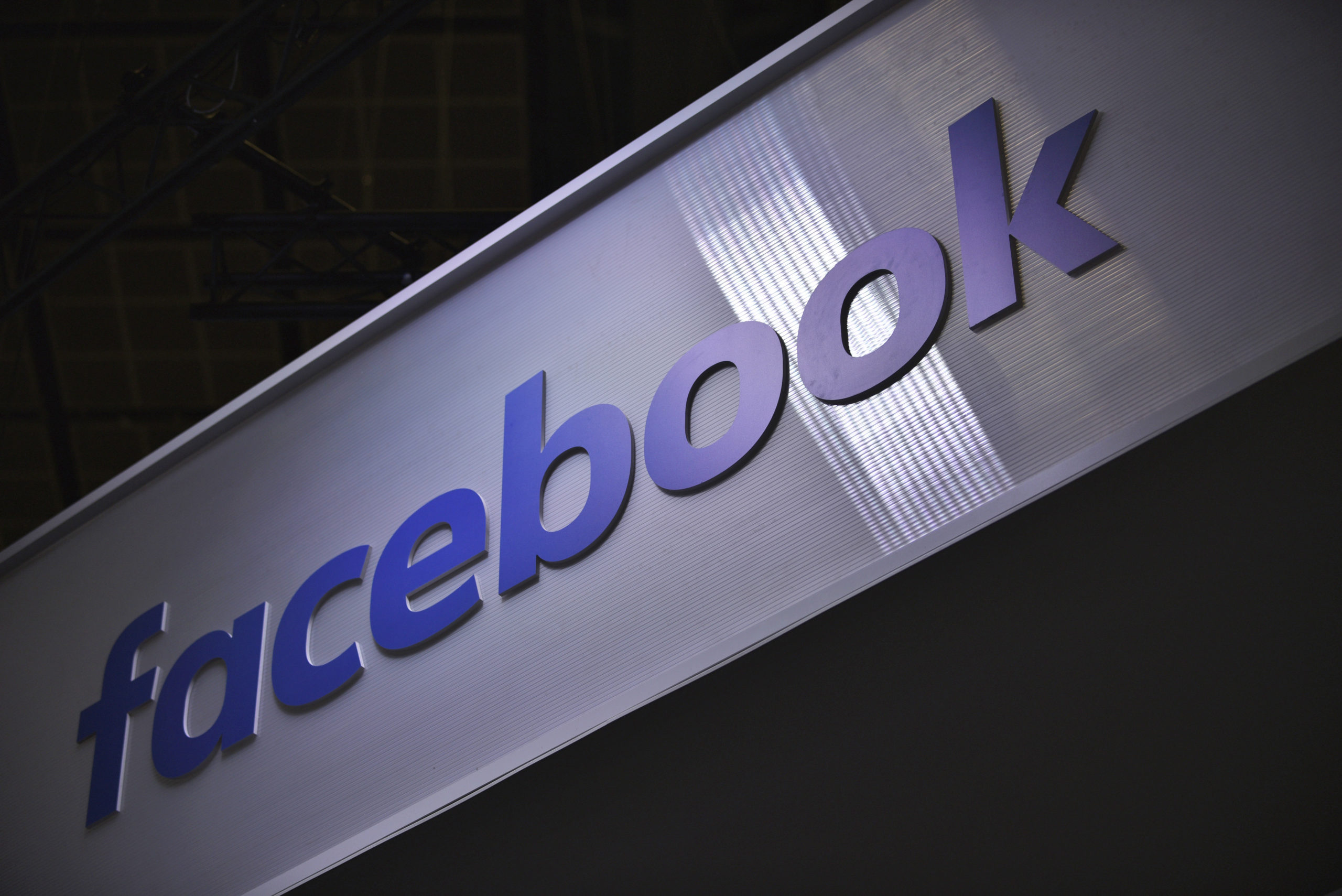The Associated Press
byTom Ciccotta27 Nov 20170
According to a report from the Economist published last week, anxiety and depression rates in teenagers have skyrocketed over the past two decades.
Just over the past decade, the number of American children and teenagers who have been admitted to hospitals over suicidal thoughts has more than doubled. The suicide rate for 15-to-19-year-olds increased between 2007 and 2015. This is the subject of a recent report by the Economist on the consistently increasing amount of American teenagers who are experiences issues with anxiety and depression.
The report suggests that the use of smartphones may be a contributing factor to the rise of such issues. A new study conducted at San Diego State University concluded that young Americans who report higher usage of their smartphones were more likely to hold bleak outlooks about their own future. The study’s author admits herself that the correlation between those factors does not prove causality. However, she argues that teens that use their phone as an escape are more likely to be unhappy than their peers that do not. The report states that millennials look at their phones on average more than 150 times per day.
Another study suggests that the use of social media is connected to a decline in happiness. In 2016, a randomly selected group of participants reported that felt less depressed after not using Facebook for one week.
Nicole Green, the executive director of Counseling and Psychological Services at the University of California, Los Angeles, argues that the uptick in anxiety and depression issues in young Americans may be due to another factor. “A number of things are pretty unique to young people today. They were born around when the Columbine shooting happened, they were kids for 9/11, they were kids during one of the worst recessions in modern history,” she explained.
Despite the bleak outlook, some research suggests that social media can actually make users happier if it is used to engage directly with other users rather than as a window into the more lavish and exciting lives of others.
Read More Stories About:
Education, Social Justice, Tech, anxiety, depression, Teenagers
The Associated Press
byTom Ciccotta27 Nov 20170
According to a report from the Economist published last week, anxiety and depression rates in teenagers have skyrocketed over the past two decades.
Just over the past decade, the number of American children and teenagers who have been admitted to hospitals over suicidal thoughts has more than doubled. The suicide rate for 15-to-19-year-olds increased between 2007 and 2015. This is the subject of a recent report by the Economist on the consistently increasing amount of American teenagers who are experiences issues with anxiety and depression.
The report suggests that the use of smartphones may be a contributing factor to the rise of such issues. A new study conducted at San Diego State University concluded that young Americans who report higher usage of their smartphones were more likely to hold bleak outlooks about their own future. The study’s author admits herself that the correlation between those factors does not prove causality. However, she argues that teens that use their phone as an escape are more likely to be unhappy than their peers that do not. The report states that millennials look at their phones on average more than 150 times per day.
Another study suggests that the use of social media is connected to a decline in happiness. In 2016, a randomly selected group of participants reported that felt less depressed after not using Facebook for one week.
Nicole Green, the executive director of Counseling and Psychological Services at the University of California, Los Angeles, argues that the uptick in anxiety and depression issues in young Americans may be due to another factor. “A number of things are pretty unique to young people today. They were born around when the Columbine shooting happened, they were kids for 9/11, they were kids during one of the worst recessions in modern history,” she explained.
Despite the bleak outlook, some research suggests that social media can actually make users happier if it is used to engage directly with other users rather than as a window into the more lavish and exciting lives of others.
Read More Stories About:
Education, Social Justice, Tech, anxiety, depression, Teenagers












